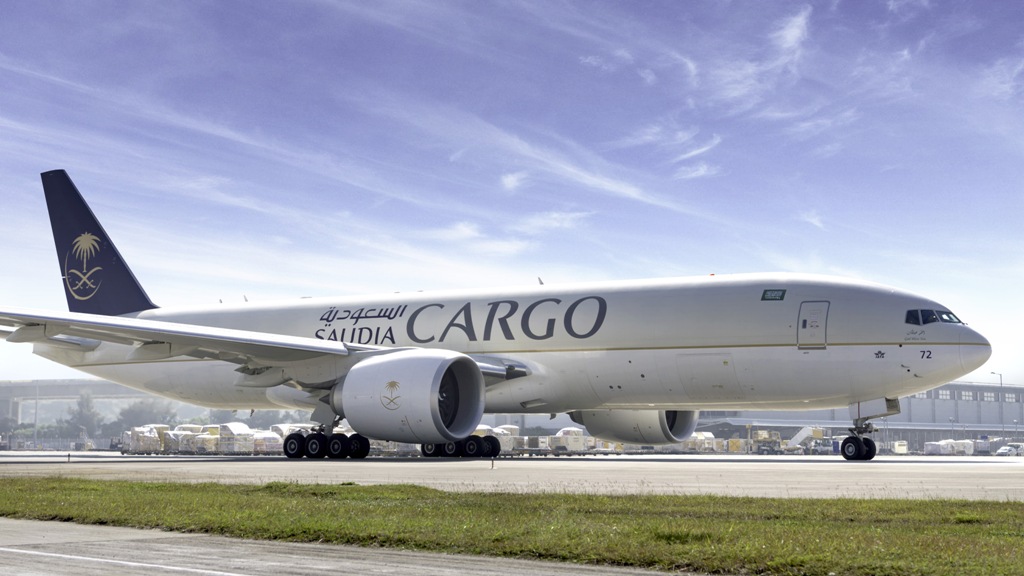Business as usual for Saudia Cargo’s flower logistics
17 / 02 / 2021

Bjarne Gertz Pedersen, global director, business development and strategic alliances at Saudia Cargo, sheds light on how flower logistics supply chains have been impacted by the coroanvirus pandemic.
The majority (70%) of flowers that Saudia Cargo transports are roses, Pedersen says. Other types of flowers that it carries are chrysanthemums, alstromeria, hydrangea, carnations, lilies and gypsophila.
On average, company transports 750 tonnes of flowers each week — and this volume triples in the run-up to Valentine’s Day.
The carrier adheres to perishables and cool chain regulations, and relies on its good on-time-performance, to carry out its flower logistics operations.
Kenya is Saudia Cargo’s largest flower origin market in Africa; Ethiopia and South Africa are the other notable flower exporting origin markets.
Of the flowers exported from Kenya, 90% are transported to markets the Netherlands and Belgium. The remaining 10% are moved to Saudia Arabia.
Impact of the pandemic
Pedersen says the pandemic has resulted in reduced flower production.
“Flower production on farms is labour-intensive,” he explains. “Social distancing requirements has had an impact on production levels and in turn, on what is able to be transported.”
Additionally, he says, flower markets have been significantly reduced with the lockdowns in various markets such as the EU.
In some cases, the movement protocols for cargo being carried between countries has caused significant delays in transporting flowers from farms to airports.
Fumigation protocols at various ports has also led to delays at points along the supply chains, thereby putting pressure on the whole transportation process.
Shortages of skilled staff, caused by quarantine requirements, are also affecting flower supply chains.
Another observation, he says, is a significant increase in flower rates in recent months, due to the capacity crunch.
Business as usual
Pedersen says Saudia Cargo is transporting other kinds of perishables, such as fruit and fresh meat, to make best use of capacity and to substitute the reduction of flower volumes.
The carrier has also optimised its flower transportation processes with the use of temperature loggers “to proactively mitigate adverse temperature excursion on a real-time basis”.
Additionally, where possible, it is using digital documents to overcome the challenges presented by physical documents (for example, documents being lost, or contact limitations due to the coronavirus).

Bjarne Gertz Pedersen, global director, business development and strategic alliances, Saudi Cargo














